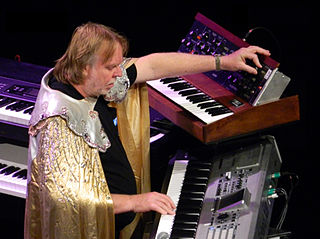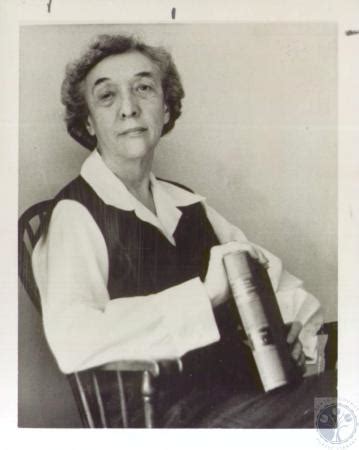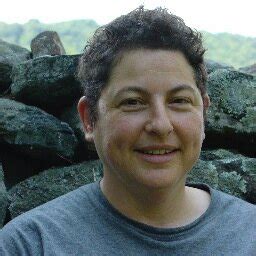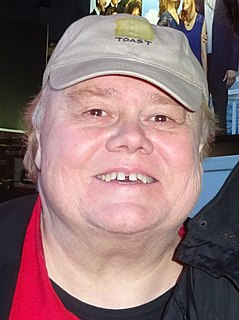A Quote by Rick Wakeman
Apparently I'm well-known for my stories, my raconteur tales, that sort of thing.
Related Quotes
Though now we think of fairy tales as stories intended for very young children, this is a relatively modern idea. In the oral tradition, magical stories were enjoyed by listeners young and old alike, while literary fairy tales (including most of the tales that are best known today) were published primarily for adult readers until the 19th century.
William Shakespeare was the most remarkable storyteller that the world has ever known. Homer told of adventure and men at war, Sophocles and Tolstoy told of tragedies and of people in trouble. Terence and Mark Twain told cosmic stories, Dickens told melodramatic ones, Plutarch told histories and Hans Christian Andersen told fairy tales. But Shakespeare told every kind of story – comedy, tragedy, history, melodrama, adventure, love stories and fairy tales – and each of them so well that they have become immortal. In all the world of storytelling he has become the greatest name.
There are recurring elements in popularized fairy tales, such as absent parents, some sort of struggle, a transformation, and a marriage. If you look at a range of stories, you find many stories about marriage, sexual initiation, abandonment. The plots often revolve around what to me seem to be elemental fears and desires.
I grew up with Bible stories, which are like fairy tales, because my father was a minister. We heard verses and prayers every day. I liked the gorier Bible stories. I did have a book of Chinese fairy tales. All the people except the elders looked like Italians. But we were not a family that had fiction books.



































